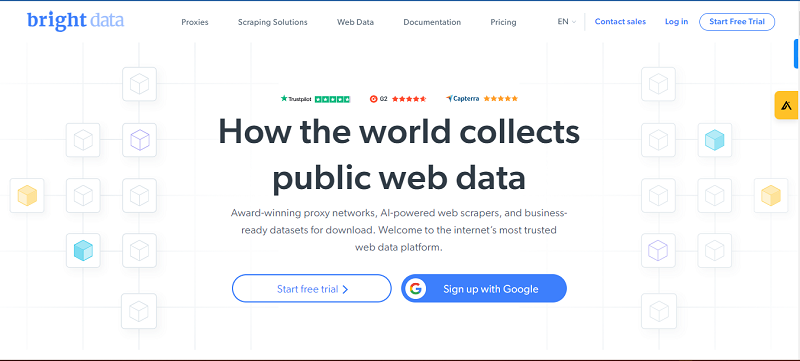Though there’s still some debate around the complete definition of business intelligence, it’s accepted to be a powerful tool that is quickly making its way through the ranks; once gracing only the largest organizations, business intelligence is today available to many smaller businesses thanks to advances in data management, analytics, and cloud developments. It’s generally accepted that business intelligence encompasses the fields of big data, its collection, and the analysis of it, as well as the visualizations of these disciplines for better business management and strategizing. Business Intelligence platforms include complex analytics facilities, predictive modeling, and powerful data mining tools that provide users with the insight and drive to better their organizations.
Though Gartner expects that by 2020 “only 50% of chief analytics officers will have successfully created a narrative to respond to rapid change and link financial objectives to business intelligence and analytics initiatives and investments,” many business leaders recognize to some degree the ability for business intelligence to improve the competitiveness of their organizations through the clear benefits of increased revenue, lowered costs, and the tools to better read their markets for more rapid innovation and transformation. At the heart of this is the ability to make calculated business decisions.
Beyond cost reductions and operational efficiencies, Gartner recognizes the importance of using business intelligence applications to create workable insights which aid companies in superior customer engagement and greater value delivery. Technology and its constant transformation are disrupting and developing most industries today; for those business leaders willing to embrace new intelligence and revolution, business intelligence provides the information for effective decision making and business strategies that keep organizations at the top of their game.
In the past, business intelligence systems were highly complex, requiring trained analysts to operate and extract meaningful information. Though competent analysts are still in high demand to get the most out of such systems, some business intelligence platforms are broadening the user field with applications that allow more direct access to personnel through ‘self-service’ analytics. Such apps integrated into the business environment provide focused intelligence and insight to specific departments and encourage a more complete use of data and its insights.
The benefits of implementing business intelligence solutions should be obvious, but taking advantage of these platforms requires effort and some key failures must be avoided:
No matter the absolute explanation of precisely what business intelligence is, the tools and features such platforms provide are delivering the technology that helps us put big data to good, and precise, use leading companies to greater competition, and eliminating both customer and employee frustrations. Exploiting these platforms holds the promise of progressive solutions, innovative products and services, and enhanced business processes.
By Jennifer Klostermann





